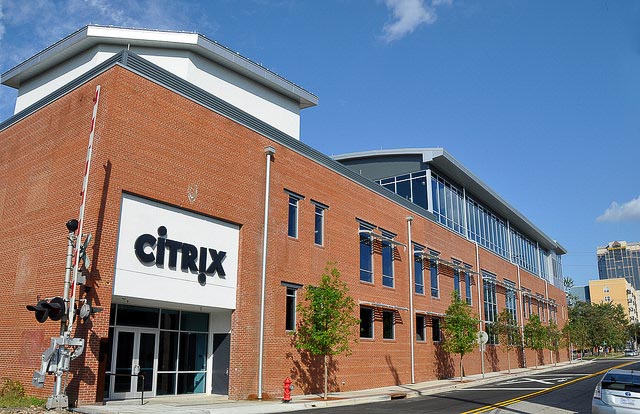Twenty years ago, when a business considered relocating, that usually meant leaving the urban core for an office park in the suburbs.
Now, that trend is quickly changing. And real estate experts don't expect it to reverse course any time soon.
"This is a structural shift taking place," said Christopher Leinberger of the Center for Real Estate and Urban Analysis at George Washington University.
Today Smart Growth America - which advocates for dense, walkable communities - says it's identified nearly 500 companies that have moved to downtown city centers from 2010 to 2015.
Smart Growth America experts tried to figure out why, exactly, so many companies were making the move. The answer was largely about recruiting: young, talented employees didn't want to work in the suburbs, and employers know that.
"Twenty-five years ago… when you wanted to know where the offices went, you basically said 'where does the boss live?' Leinberger said. "The boss lives in the drivable suburbs… where all the rich, white folks live. That's why we got office parks in the suburbs."
"Today, it's totally different," he continued. "It's about where the creative class wants to be."
Being downtown helps promote a "cool" factor that attracts young workers, several of the companies interviewed by Smart Growth America said.
"We wanted to be in an amenity-rich environment where our employees could walk to get a cup of coffee and participate in arts, music, and the excitement of downtown," said Adam Klein, chief strategist at the Durham, N.C. incubator American Underground, in the report. "We're able to show potential employees a cool office in the middle of downtown and that has definitely helped us recruit people."
And it's not just young workers who want to be downtown. "Some of the employers said they were really surprised by middle-tier workers who were happy to move downtown," said Paula Munger, regional research director with real estate services firm Cushman & Wakefield, which helped compile the report.
Of the 494 companies included in the study, more than half relocated offices from suburbs into city centers. Others included in the report expanded existing downtown facilities or consolidated multiple offices into downtown facilities.
Companies surveyed by Smart Growth America also said being downtown helps with business opportunities by giving them improved access to suppliers, partners and others with whom they work closely.
Other firms said they liked the idea of being downtown because an urban location supports their brand identity and company culture.
Still, the relocations are sometimes met with skepticism.
"Initially there was some hesitation from employees about our move to One Tampa City Center," said Dianne Jacob, senior vice president of corporate communications at PNC Bank in downtown Tampa, in the report. "There was some concern about commute time and parking, but the benefits of being centrally located downtown, within minutes of many major businesses, restaurants and entertainment, quickly gave everyone a pretty good sense that being in the middle of the action is a good thing. Now, we're all thrilled to be part of this vibrant, thriving community."
Leinberger also acknowledged that office space in walkable urban centers tends to cost more than space in the suburbs. "You've got to offer what the market wants, and it wants both walkable urban and driveable suburban," he said. "It just so happens that the pent up demand is for walkable urban, and we don't have enough of that."
Urban areas outside of major city centers - places like Arlington, Va. or Evanston, Ill. - are also experiencing growing interest from businesses, though they weren't included in the report, Leinberger said.
Smart Growth America leaders said the findings should encourage communities to develop walkable, downtown neighborhoods to help recruit businesses.
Notably, the authors of the report highlighted two cities that seem to be bucking the trend: Houston and Dallas. Both have attracted companies to their central business districts in recent years, Munger said. But they aren't places where the central business district and the suburbs appear to be fiercely competing for companies, since both areas seem to be booming.

